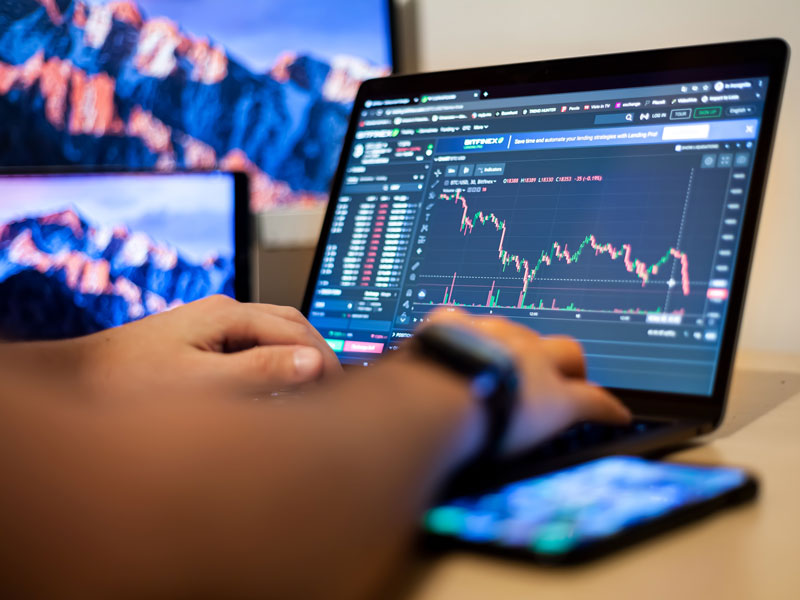
Forex trading has become a popular choice for investors seeking to profit from the fluctuations in currency values. However, navigating the forex market requires more than just knowledge and skill; it also necessitates a thorough understanding of regulatory requirements. One of the most critical factors in establishing credibility and trust in the forex market is the possession of a forex trading license. This article delves into the essential aspects of forex trading licenses, including what they are, their importance, and how to obtain one. For further insights into this topic, you can visit forex trading license trading-cambodia.com.
What is a Forex Trading License?
A forex trading license is an official authorization granted by a regulatory authority, allowing individuals or companies to operate as forex brokers or traders. These licenses are crucial as they ensure that trading practices adhere to the laws and regulations governing the financial markets. Regulations vary significantly between jurisdictions, which is why understanding the licensing process in your desired location is essential.
Types of Forex Trading Licenses
There are several types of licenses that forex brokers can obtain, each corresponding to different regulatory bodies around the world. Some of the most recognized licensing authorities include:
- Financial Conduct Authority (FCA): Based in the UK, the FCA is one of the most reputable regulatory bodies. Obtaining an FCA license is often seen as a mark of excellence in the forex industry.
- National Futures Association (NFA): In the USA, the NFA regulates forex trading and ensures that its members adhere to strict compliance standards.
- Australian Securities and Investments Commission (ASIC): ASIC provides oversight for forex brokers operating in Australia, ensuring investor protection and compliance with local laws.
- Cyprus Securities and Exchange Commission (CySEC): CySEC regulates brokers in Cyprus and is known for its favorable conditions for forex brokers.
- International Financial Services Commission (IFSC): Based in Belize, this regulator is ideal for those looking to establish a forex brokerage with fewer barriers.
Why is a Forex Trading License Important?
The significance of possessing a forex trading license cannot be overstated. Here are several reasons why obtaining a license is essential for forex brokers and traders:
1. Credibility and Trust
Having a valid forex trading license enhances the credibility of a broker or trader. Clients are more likely to trust a licensed entity, as it demonstrates commitment to operational standards and investor protection.
2. Legal Compliance

Operating without a license can lead to severe legal repercussions, including fines and penalties. A license ensures that traders adhere to regulatory requirements, reducing the risk of legal issues.
3. Consumer Protection
Regulatory bodies enforce strict consumer protection measures to safeguard traders’ funds and ensure fair trading practices. Licensed brokers are required to comply with these regulations, which provides an additional layer of security for investors.
4. Access to Financial Markets
Many financial institutions and banks require brokers to hold a specific license before engaging in transactions. A forex trading license opens doors to a broader range of market opportunities and partnerships.
5. Enhanced Trading Platform Compliance
Licensed brokers must maintain transparency in their operations and trading platforms, ensuring clients receive accurate information and a fair trading environment.
How to Obtain a Forex Trading License
The process of obtaining a forex trading license varies depending on the regulatory authority and the region in which you wish to operate. Below are the general steps involved:
1. Choose a Regulatory Authority
First, select a regulatory authority that aligns with your business goals. Each authority has its requirements regarding capital, compliance, and ongoing reporting.

2. Prepare Necessary Documentation
You will need to gather and prepare various documents, including:
- Business plan outlining your operational strategy
- Proof of funds demonstrating adequacy to operate the business
- Compliance policies and procedures
- Details of your management and ownership structure
3. Submit Your Application
Once you have all necessary documentation, submit your application to the chosen regulatory authority. Be prepared for a thorough review process, which may include background checks and inquiries about your business practices.
4. Pay Fees
Most regulatory authorities require a fee for processing your application and issuing a license. These fees vary by jurisdiction and can be significant, so it is essential to budget accordingly.
5. Wait for Approval
The approval process may take several weeks to months, depending on the complexity of your application and the workload of the regulatory authority. During this time, be responsive to any additional requests for information or clarification.
Conclusion
Obtaining a forex trading license is a crucial step for anyone serious about entering the forex market, whether as a trader or a broker. A license not only enhances credibility but also ensures compliance with legal regulations and consumer protection standards. As the forex market continues to grow, the importance of regulation and licensing in maintaining a trustworthy trading environment cannot be overlooked. For those looking to delve deeper into the complexities of forex trading licenses and their significance, resources such as trading-cambodia.com can provide valuable insights.

Nejnovější komentáře